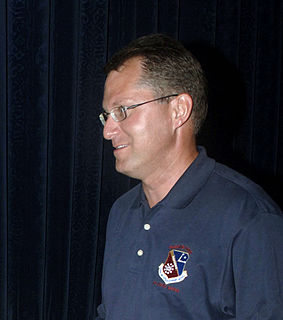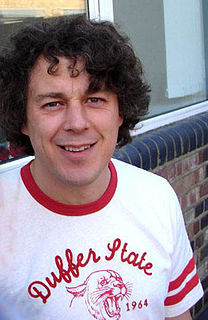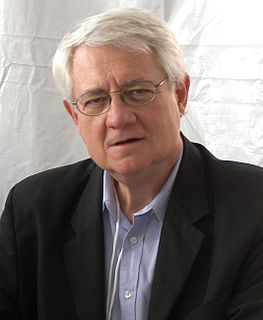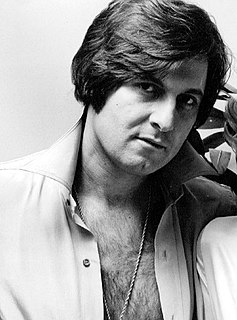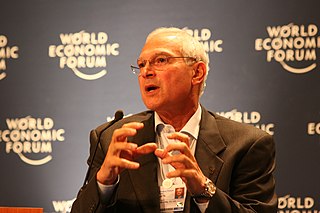A Quote by Dave Pelzer
Related Quotes
Those who aspire to the status of cultured individuals visit bookstores with trepidation, overwhelmed by the immensity of all they have not read. They buy something that theyve been told is good, make an unsuccessful attempt to read it, and when they have accumulated half a dozen unread books, feel so bad that they are afraid to buy more. In contrast, the truly cultured are capable of owning thousands of unread books without losing their composure or their desire for more.
I have 7,000 DVDs and Blu-rays. I have thousands of books - thousands - and roughly 15,000 comic books or something like that, hundreds of books about different art movements - the symbolists, the dadaists, the Pre-Raphaelites, the impressionists - you know, that I consult before I start every movie.
I used to buy all my shirts at Brooks Brothers, but that was completely ruined about 20 years ago. They discontinued the shirt I liked. If I had only known this - I mean, if you're going to discontinue an item that thousands and thousands of people buy, announce it. Say, 'We will no longer be making our excellent Brooks Brothers cotton shirts that we made for 5,000 years. We're going to change them in some awful way. We're alerting you so you can buy a lifetime supply.' Shirts don't go bad, they're not peaches.
